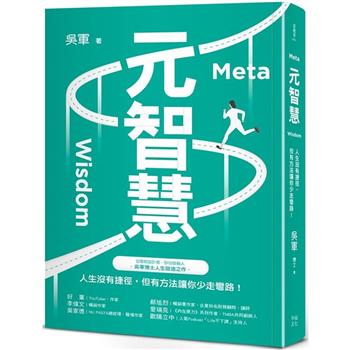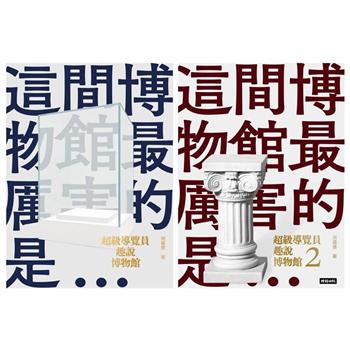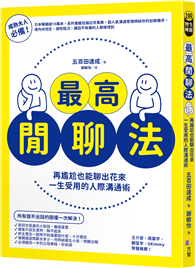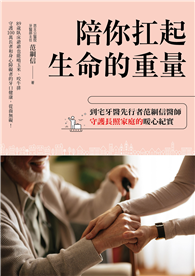This book presents an edition of a previously unpublished notebook used by the seventeenth-century polymath John Wallis to teach language to the "deaf mute" Alexander Popham. Under the terms of the law Popham would not have been able to inherit his family title and property if he had remained unable to speak. This is one of the most famous cases in the history of deaf education. The notebook, which has recently come to light in the Popham family mansion, provides fascinating insights into the details of the instruction. It is a rare example of a manual tailor-made for the instruction of a known individual and its author is one of the foremost scientists of the period. If it had not been lost the work would have been a key document in the dispute between John Wallis and William Holder, both distinguished fellows of the Royal Society, on whose method had been successful in teaching Popham to speak. The Popham Notebook provides essential evidence towards the resolution of a debate that has been widely discussed ever since.
David Cram and Jaap Maat place the work in its personal, social, and scientific contexts. They include a range of additional contemporary texts and provide a clear text with helpful annotations. The edition provides the means for a thorough reassessment of the work’s contemporary value. Their introduction also includes a discussion of the theoretical issues underpinning the teaching of language to the deaf.
| FindBook |
有 1 項符合
Teaching Language to a Boy Born Deaf: The Popham Notebook and Associated Texts的圖書 |
 |
Teaching Language to a Boy Born Deaf: The Popham Notebook and Associated Texts 作者:David(EDT)/Maat,Jaap(EDT),John/Cram,Wallis 出版社:Oxford Univ Pr 出版日期:2018-02-28 語言:英文 規格:精裝 / 16.5 x 24.1 x 3.2 cm / 普通級 |
| 圖書館借閱 |
| 國家圖書館 | 全國圖書書目資訊網 | 國立公共資訊圖書館 | 電子書服務平台 | MetaCat 跨館整合查詢 |
| 臺北市立圖書館 | 新北市立圖書館 | 基隆市公共圖書館 | 桃園市立圖書館 | 新竹縣公共圖書館 |
| 苗栗縣立圖書館 | 臺中市立圖書館 | 彰化縣公共圖書館 | 南投縣文化局 | 雲林縣公共圖書館 |
| 嘉義縣圖書館 | 臺南市立圖書館 | 高雄市立圖書館 | 屏東縣公共圖書館 | 宜蘭縣公共圖書館 |
| 花蓮縣文化局 | 臺東縣文化處 |
|
|
圖書介紹 - 資料來源:博客來 評分:
圖書名稱:Teaching Language to a Boy Born Deaf: The Popham Notebook and Associated Texts
|










